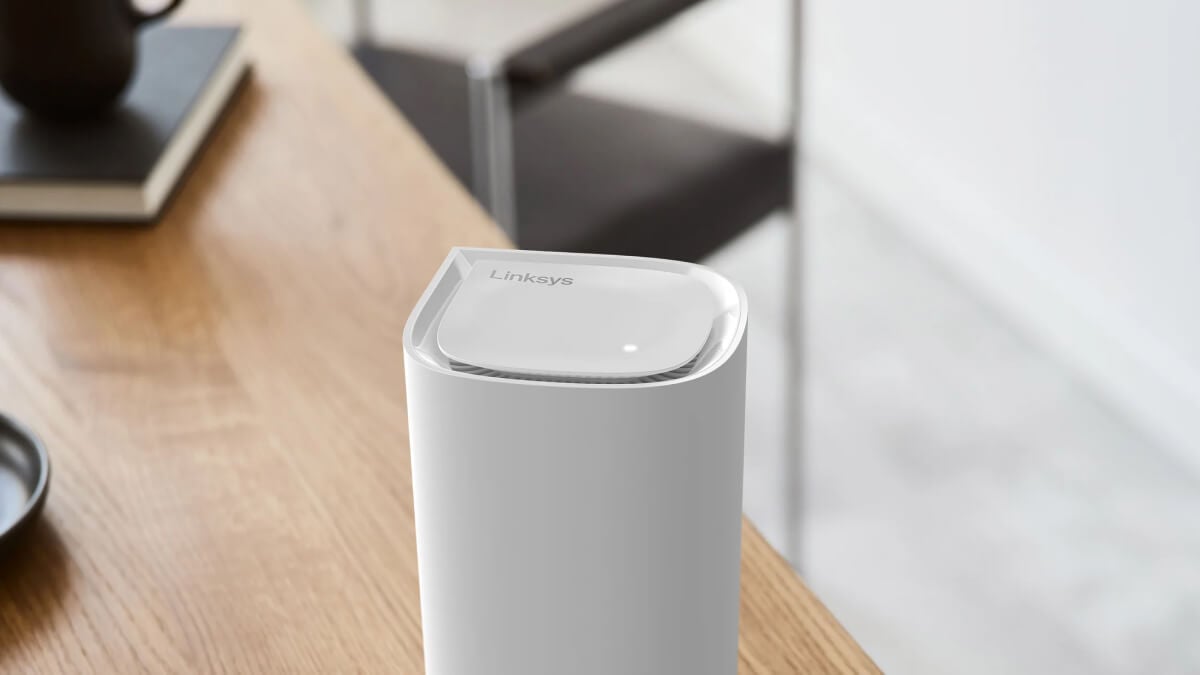- cross-posted to:
- hackernews@lemmy.smeargle.fans
- cross-posted to:
- hackernews@lemmy.smeargle.fans
During installation, the router sent several data packets to an Amazon server in the US. These packets contained the configured SSID name and password in clear text, as well as some identification tokens for this network within a broader database and an access token for a user session that could potentially enable a MITM attack.
Linksys has refused to acknowledge/respond to the issue.



I’m just finding no confirmation that they send them unencrypted over the Internet and I’ve seen “researchers” calling sending passwords over HTTPS “unencrypted.”
Mesh coordination is interesting. It’s not great. That said I doubt that any off-the-shelf consumer mesh system does go through the work to keep things local-only. It’s too easy to setup a cloud API and therefore likely all of them do that since it’s the cheapest.
Even if they were sending them with proper E2EE to their server, that would still be a huge fucking problem.
The channel is encrypted, the content is not. It is a password, why would they need it?
Because now they have your login and password - not a hashed version they can only validate against, but the real thing that can be used to log into your network. They shouldn’t ever have it, aside from them being able to sell credentials this also means someone else could probably obtain access to all of them
That’s because the password is unencrypted.
HTTPS will encrypt the channel and the data in flight, but the data is still unencrypted and anyone with a key that validated (assuming it actually checks for certificate validity) now has access to your unencrypted password. So yes, even over HTTPS it should be considered unencrypted.
Whether or not they’re sending it over an encrypted channel, they’re still sending out an unencrypted password that they have no need for. Linksys has no reason to need the unencrypted password, and at best would only need a hashed password to accomplish whatever business case they’re sending that to solve. We have to assume that they’re also saving it in clear text given how they’re sending it in the clear as well.
No password should ever leave your network unencrypted, no matter the data channel encryption. Anything less is negligence , and the vendor should not be trusted.
How would they know that the device sends the SSID and password otherwise? If it was encrypted you would not be able to read the content of the packages.
If you get root on the device you can MITM it by extracting session keys